APPC and CHOP's Vaccine Education Center produced a video showing why it is virtually impossible for foreign DNA fragments to damage our own DNA.


APPC and CHOP's Vaccine Education Center produced a video showing why it is virtually impossible for foreign DNA fragments to damage our own DNA.
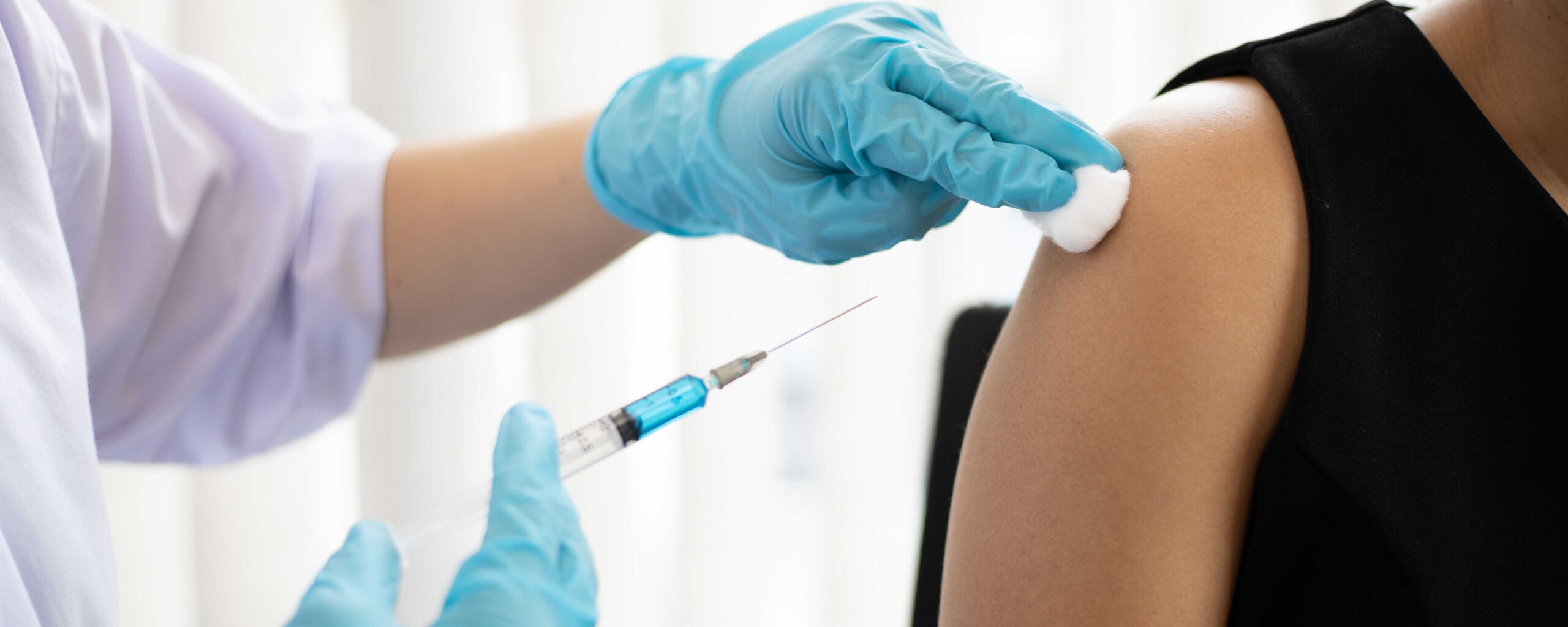
A paper reviewing APPC research during the pandemic finds a "conspiracy mindset" was a major factor in resistance to Covid vaccination.
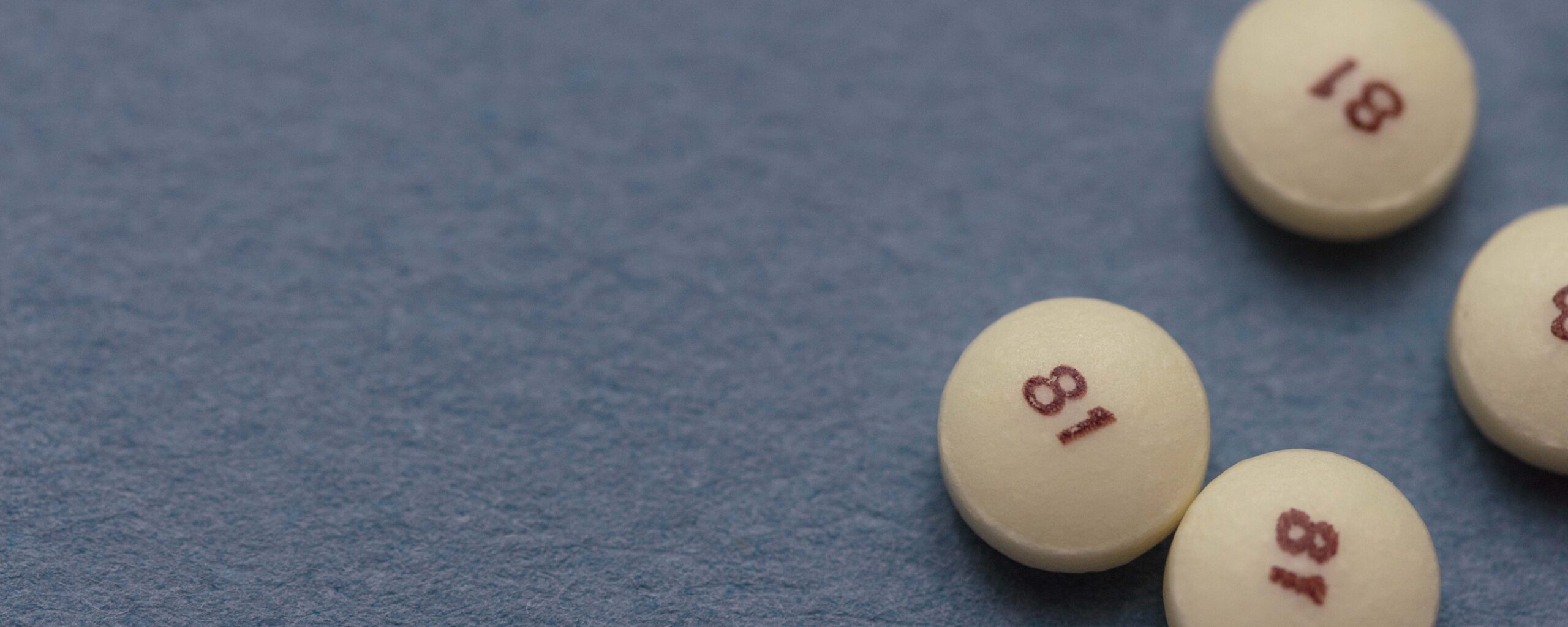
An APPC survey reveals that 48% of U.S. adults incorrectly think that the benefits of taking aspirin every day outweigh the risks.

Most U.S. adults support school vaccination requirements and policies requiring children to be vaccinated against preventable diseases such as measles, mumps, and rubella, an APPC study finds.
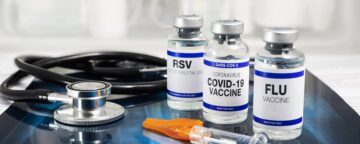
An APPC survey finds that RSV vaccines to protect older adults and newborns have become more widely accepted by the public over the last year.

APPC survey finds that many Americans are unfamiliar with Whooping Cough symptoms and do not know that the Tdap vaccine protects against it.
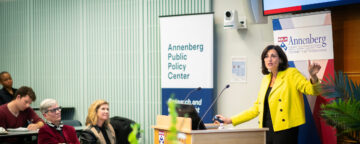
In the annual Annenberg Lecture, former CDC Director Rochelle Walensky explored the complexities of communicating public health information.

A new APPC-NAS-Sunnylands book highlights the importance of human accountability and responsibility when using AI in scientific research.

APPC data show that less than half of Americans know that regularly drinking alcohol increases the risk of later developing cancer.
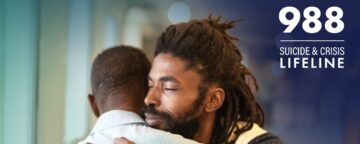
APPC survey data show that public recall of the 988 Suicide & Crisis Lifeline number has grown slowly since its introduction in July 2022.